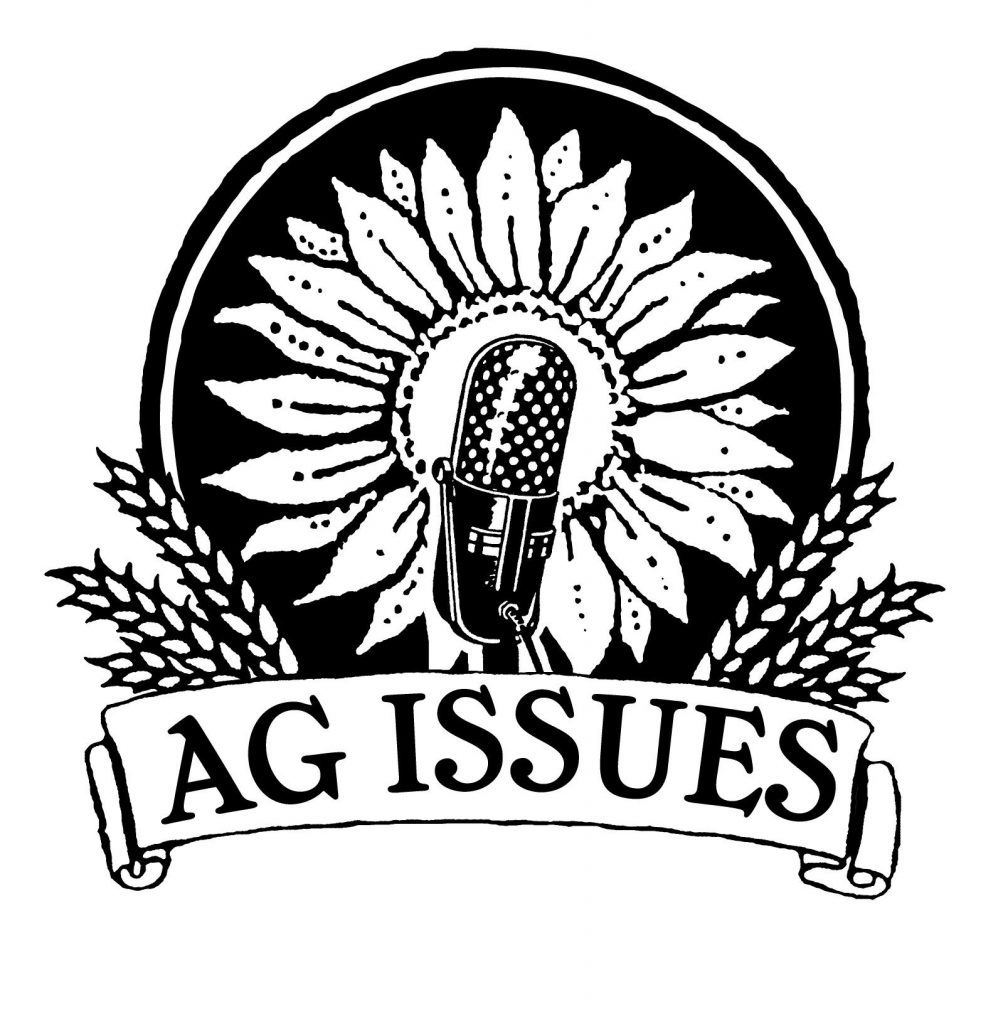
The Dakotan: This is Ag Issues with Neil Roberts. Neil Roberts: Welcome to another edition of Ag Issues. Our guest this week is in the issue of crop protection specialist T.J. Prochaska from the North Central Research Extension Center. And T.J., we're talking the canola flea beetle today. I understand you found your first one of the year. What does that mean in this unique growing season? TJ Prochaska: Well, this growing season, it's going to present some unique challenges as the temperatures have warmed, they're going to start to become more active initially, at least in the point where we sit right now. Not a lot of canola planted out in the field yet. So here in the short term, they're going to probably target cruciferous or other muster type plants, especially in horticulture type areas. However, as canola does get seeded and begins to emerge, we'll begin to see some of those impacts in the canola field. Bacon, obviously beetle, especially with that shotgun hole like appearance being you do the leaf. Neil Roberts: All right. Good stuff, T.J.. And we'll have more on the flea beetle when we come back. The Dakotan: You're listening to Ag Issues with Neil Roberts on the Dakotan Network. Neil Roberts: Talking the canola flea beetle today on ag issues. Of TJ Prochaska and TJ. Do you think control will be an issue this year? TJ Prochaska: I think control is going to arise at some point. I think the big question is how big of a population are we going to see when we fall back a year before we had high populations as we went into the fall, and that is the population you'd expect to overwinter. But these damp, almost oversaturated soils might actually bring some of these populations down just to the high water content in many areas. With that being said, think about economic threshold that's traditionally 25% damage to the plant with feeding by the canola free beetle. Oftentimes we use neonicotinoid insecticide seed treatment to combat the harmful effects of canola flea beetle. Neil Roberts: All right. Good stuff as always. And that concludes this edition. If you miss or check us on the Website agissues.com. Until next time. I'm Neil Roberts. The Dakotan: You're listening to the Dakotan Network. Real, Honest, Local News.